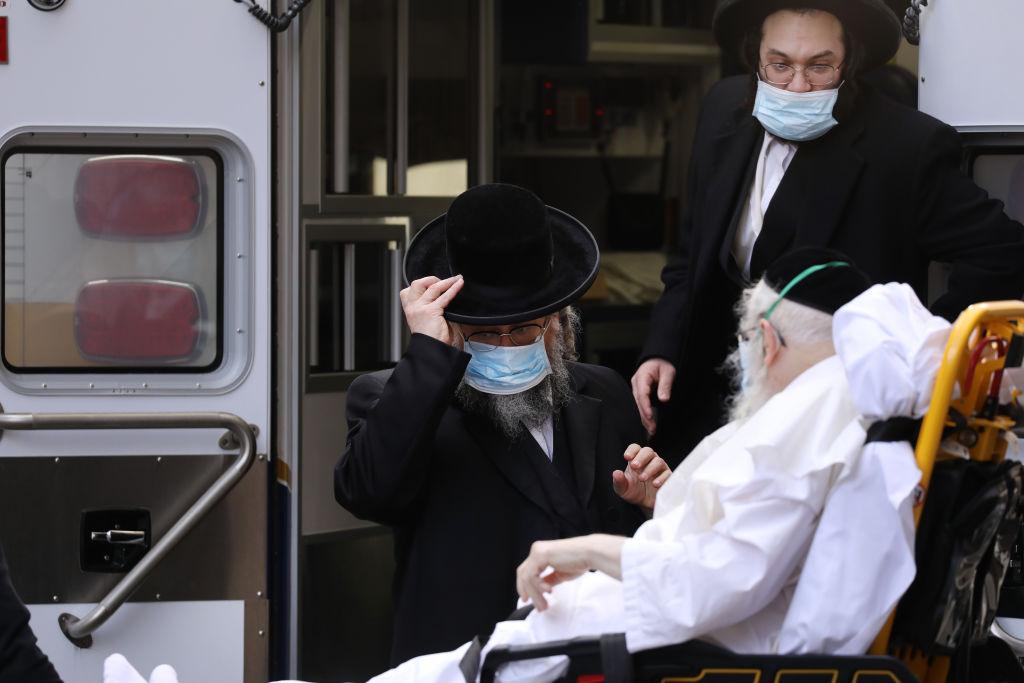Director of National Institute of Health (NIH) has said that it would be encouraging to have a COVID-19 vaccine that protects the more vulnerable elderly people.
“It would not be particularly encouraging if we have a vaccine that’s capable of protecting 20-year-olds who probably have a pretty low risk anyway of getting sick, and doesn’t work at all for people over 65,” Francis Collins, director of the National Institutes of Health, said in an interview with the Wall Street Journal on June 21.





